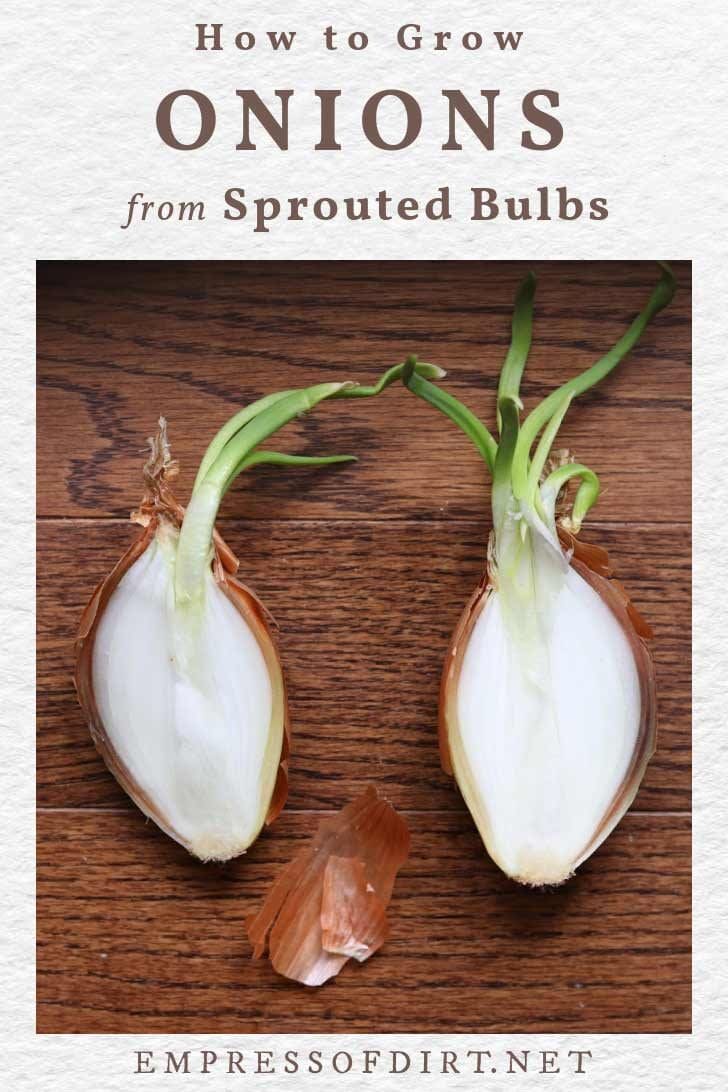
Fall is a great month to start a gardening venture. Because of this, you can cut back on watering or fertilizing. Planting new trees and shrubs during the month is possible due to the cooler temperatures. They will be able to establish themselves before winter. Planting autumn-flowering bulbs, such as crocus or tulips, will help you get started on a year-round garden.
In September wildflower seedlings are allowed to be scattered on open ground. They can then be transplanted into their permanent spots. Perennials should be divided and moved. You must also plant new bulbs or evergreen hedges. In addition, you should weed your garden and trim the branches of your trees. Mulch them frequently to make sure they stay healthy. You can also use this time for the transplantation of annuals.

Your garden chores will go on until September end, so you might find this the perfect time to finish them. Harvesting vegetables and other seasonal crops should be a top priority. When your garden is complete, it's now time to plant fall crops or cover crop. You should also weed during the first months of the season. Fall is an excellent time to plant, no matter what your plans are.
Although the work in the gardens never stops, September brings with it some tasks that you may otherwise forget. For instance, you should harvest perennial seed heads so that songbirds can feed on them during the winter. You should also clean your nest boxes while you are harvesting your crops. If you're worried about diseases, it's best to remove old nesting material and dirt. Chemical cleaning agents can have a detrimental effect on birds, and they can be put off.
Fall is a great time to plant bulbs or new plants in your garden. You should also plant plants that are already established and prepare them for winter. Many vegetables and flowers, including white cabbage and late savoy, can be grown in September. These vegetables can also been transplanted if they're already too large. It is best to make plans for the spring before doing anything else.

September is a great month for spring-flowering bulbs. It is also the best month to plant new perennials. In September, frost is not a problem in most areas of the country, so you should be able to plant those bulbs and make them grow well. Also, you can plant cold-weather-loving plants such as herbs and vegetables. You will be surprised at how many options there are. You will be happy you did.
FAQ
What size space is required for a vegetable garden?
A good rule is that 1 square foot of soil needs 1/2 pound. You will need 100 pounds of seed if your area is 10 feet by 10 foot (3 meters by 3 metres).
What is the best way to determine what kind of soil I have?
You can tell by looking at the color of the dirt. You will find more organic matter in darker soils that those of lighter colors. Another option is to test the soil. These tests assess the soil's nutritional content.
What's the best way to keep my indoor plant alive?
Indoor plants can live for many years. To promote new growth, it is essential to repot your indoor plants every few month. Repotting is simple. Just remove the old soil, and then add fresh compost.
Statistics
- 80% of residents spent a lifetime as large-scale farmers (or working on farms) using many chemicals believed to be cancerous today. (acountrygirlslife.com)
- According to a survey from the National Gardening Association, upward of 18 million novice gardeners have picked up a shovel since 2020. (wsj.com)
- As the price of fruit and vegetables is expected to rise by 8% after Brexit, the idea of growing your own is now better than ever. (countryliving.com)
- Most tomatoes and peppers will take 6-8 weeks to reach transplant size so plan according to your climate! - ufseeds.com
External Links
How To
How do I keep weeds from my vegetable garden?
Growing healthy vegetables is difficult because of weeds. They compete for space, water, nutrients, sun, and sunlight. To prevent them from taking over your garden, use these tips:
-
Take out all flowering plants
-
Remove any plant debris around the base of the plant
-
Mulch
-
Water regularly
-
Rotate crops
-
Do not allow the grass to grow.
-
Keep soil moist
-
Plant early
-
Harvest often
-
Add compost
-
Avoid chemical pesticides
-
Plant organic vegetables
-
Heirloom Seeds Available
-
Start small
-
Learn more about companion planting
-
Be patient
-
Enjoy gardening!